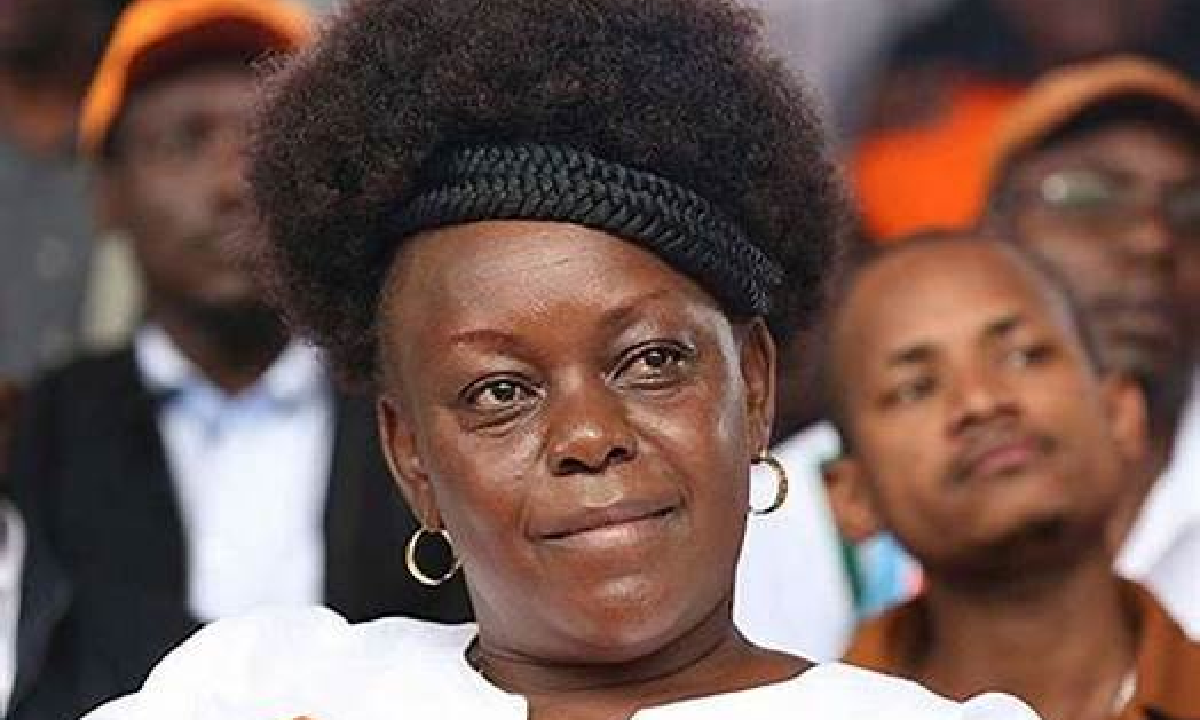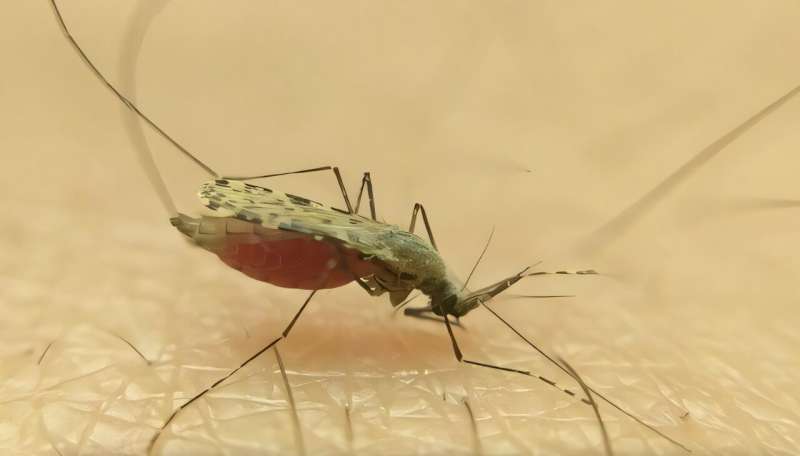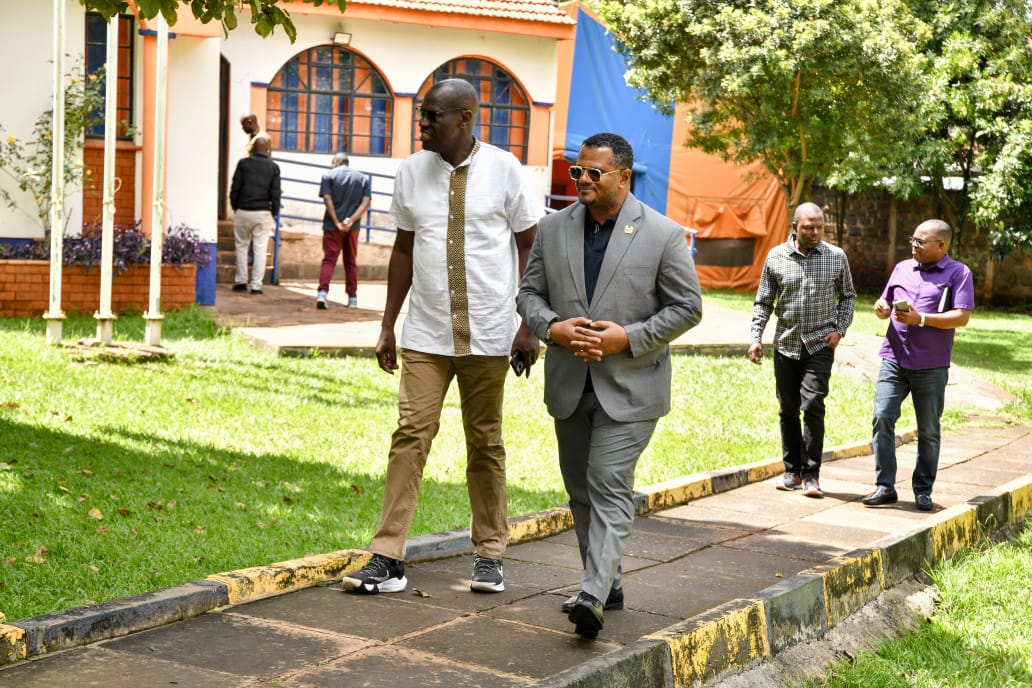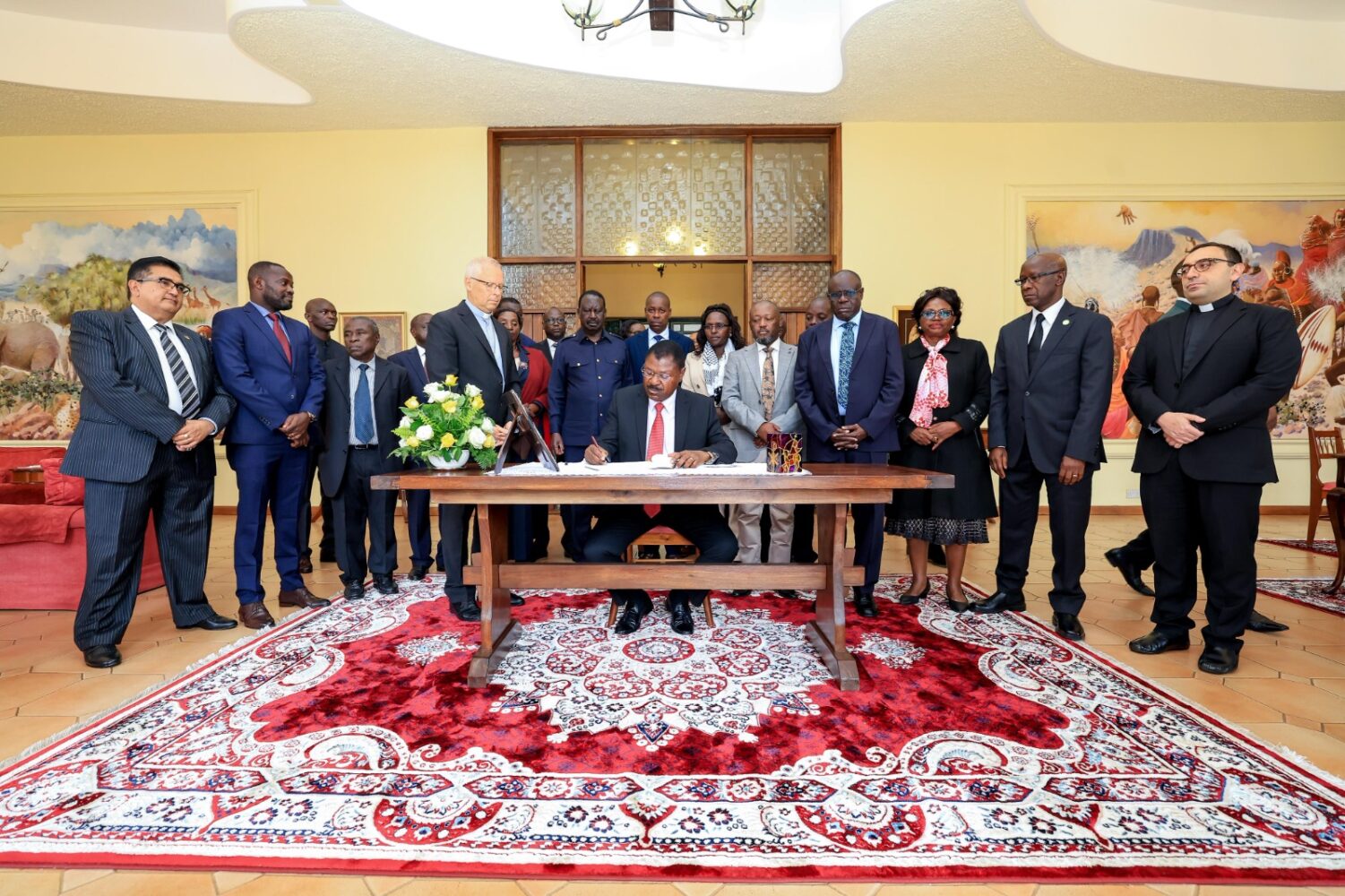Millie Odhiambo, Member of Parliament for Suba North proposed the Assisted Reproductive Bill in Parliament in 2022.
She has expressed her frustration as the bill is yet to be debated. “Parliament is delaying the bill following disagreements among members which has stalled progress.”
She labelled this as “gatekeeping” by members of Parliament. The bill has established surrogacy guidelines, a reproductive right that is not recognised in Kenya.
Surrogacy is an arrangement where a woman (surrogate) agrees to conceive, carry and give birth to a child on behalf of someone else.
The surrogate is supposed to hand over the child upon birth. Surrogacy laws vary significantly across the globe, reflecting diverse cultural, ethical, and legal perspectives.
In some countries, both commercial and altruistic surrogacy are permitted, while others only allow altruistic surrogacy or ban the practice entirely. For instance, the United States, Georgia, and Greece allow commercial surrogacy, whereas countries like Mexico, Colombia, Argentina, Guatemala, the United Kingdom, Canada, and Australia permit only altruistic surrogacy.
On the other hand, several regions have strict regulations or outright bans on surrogacy. The European Union prohibits commercial surrogacy, and India allows only altruistic surrogacy under specific conditions. These variations highlight the complexity of navigating surrogacy laws, especially for intended parents considering international surrogacy options
Understanding the legal landscape is crucial for anyone exploring surrogacy, as it impacts the rights and responsibilities of all parties involved. Legal experts often recommend thorough research and consultation to ensure compliance with local laws and to protect the interests of both surrogates and intended parents












